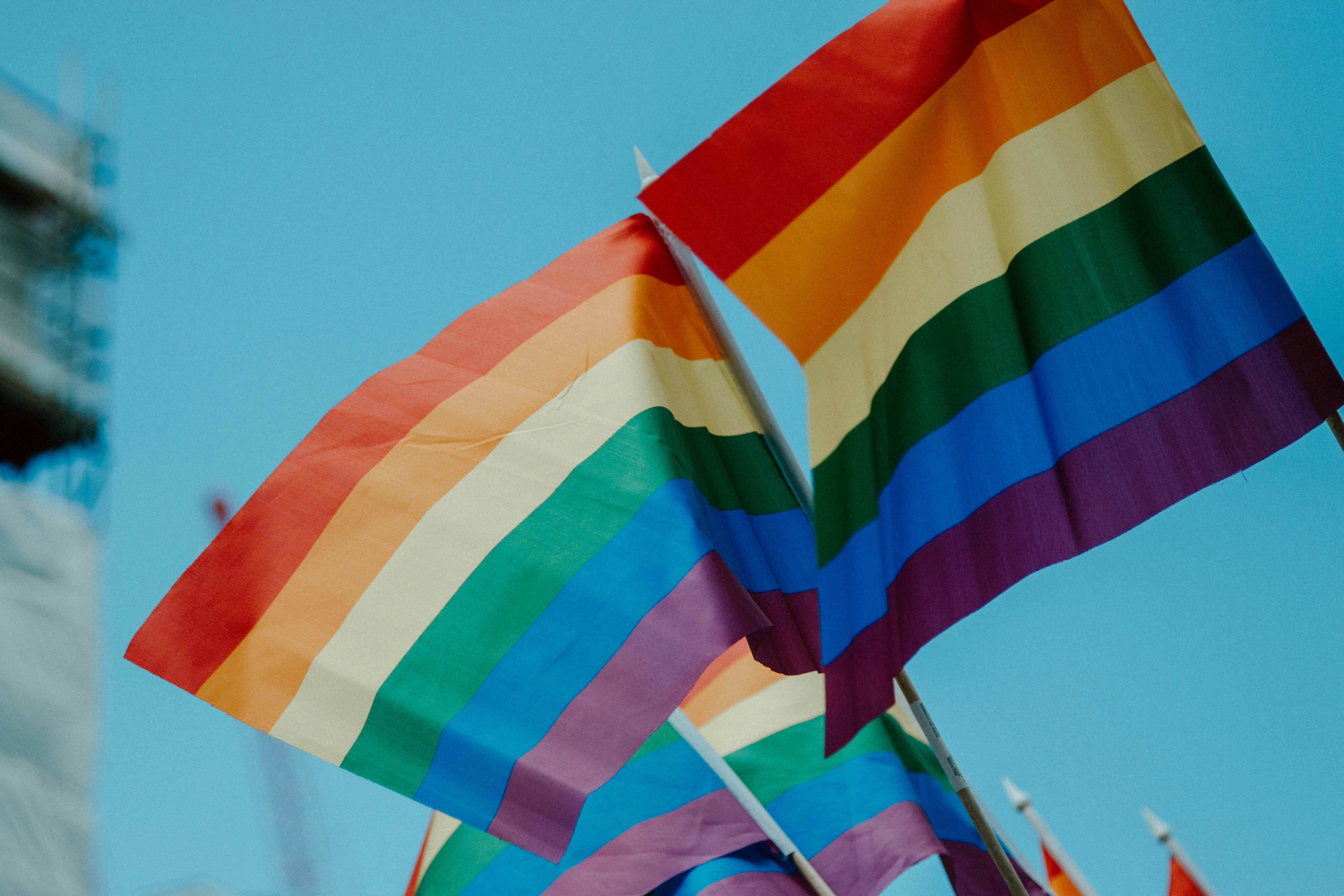News release
From:
Dr Bep Uink is a Senior Research Fellow at Murdoch University
In 2020, my colleagues and I posed a question to the Australian healthcare sector; “Where does a young, LGBTQ+ (lesbian, gay, bisexual, transgender, queer, and other non- heteronormative or non- binary sexual and gender identities, including asexual) Aboriginal and Torres Strait Islander person go for health care in Australia?” (Uink et al., 2020). At the time, Aboriginal and Torres Strait Islander LGBTQA+ young people were thought to be at increased risk of suicide, mental health difficulties, and poor social and emotional wellbeing (SEWB) due to heightened discrimination and social exclusion. Community members, led by the tireless work of Aboriginal and Torres Strait Islander LGBTQA+ advocates, were calling for urgent research to document the health status and healthcare needs of this group of young people.
Four years on, there has been meaningful change, both in terms of empirical research documenting the extent to which Aboriginal and Torres Strait Islander LGBTQA+ young peoples’ experience discrimination and poor health, and in programs available to support their wellbeing.
Aboriginal and Torres Strait Islander LGBTQA+ organisations have gone from strength to strength. Organizations such as Black Rainbow and BlaQ Aboriginal Corporation provide information and training for organisations to better understand the unique needs of Aboriginal and Torres Strait Islander LGBTQA+ people and promote health and wellbeing through Blak Queer community events.
Our research team, in collaboration with community codesign partners, have released a set of core competencies for working with Aboriginal and Torres Strait Islander LGBTQA+ youth (Uink et al., 2023). Aboriginal and Torres Strait Islander LGBTQA+ consultation for the National 10 Year LGBTQA+ Action Plan is ongoing. Most recently, Kimberley Blak Pride just celebrated their inaugural Kimberely Blak Pride Festival in April 2024.
Not all news is good news, however. Our 2022 research report for the Walkern Katatjdin National Survey of Aboriginal and Torres Strait Islander LGBTQA+ youth mental health and wellbeing found that levels of SEWB for Aboriginal and Torres Strait Islander LGBTQA+ youth were mixed. Alarmingly, almost 1 in 2 (45.5%) of young people who completed the survey had attempted suicide in their lifetime, 19% of these within the last year. Participants also reported experiences of transphobia, homophobia and racism from community members, highlighting the importance of days such as IDAHOBIT. These findings confirmed community members’ calls for urgent, community-lead interventions to support the wellbeing of Aboriginal and Torres Strait Islander LGBTQA+ youth. We are currently working on Pride Yarns – a community-lead, intergenerational support intervention for Aboriginal and Torres Strait Islander LGBTQA+ youth in Boorloo, WA.
IDAHOBIT represents a call for the elimination of homophobia, transphobia, intersexism and biphobia. Our research reminds every one of the importance of eradication of racism alongside this work. Aboriginal and Torres Strait Islander LGBTQA+ young people express deep pride in their identities; as researchers, health providers and everyday community members, we need do everything in our power to embrace and celebrate with them.



 Australia; WA
Australia; WA


